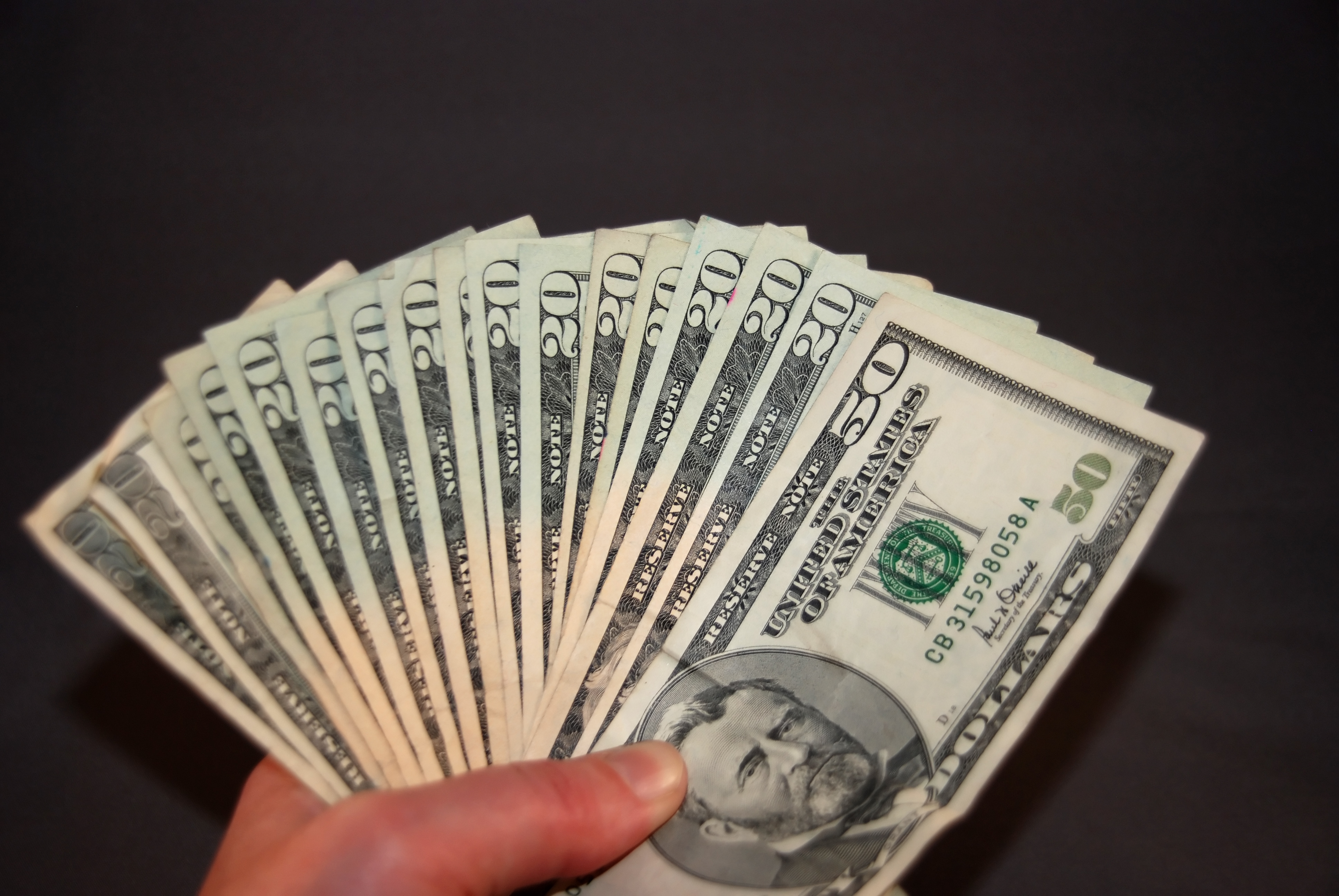
06 Feb Choosing a `reward’ or ‘cash back’ credit card
Photo: penywise/morguefile.comQ. I have a credit card that has no “reward” or “cash back.” I’d like to get a card that will have the best return for me. I use my card for several automatic payments and grocery shopping. Any thoughts on that?
— Shopper
A. You’ve got lots of choices.
Several websites offer search engines that allow you to enter your benefit or rewards preferences, and then you can go through the terms of each to see what fits your needs.
But there are some cards worth mentioning, so we took your question to consumer credit expert and bestselling author Beverly Harzog.
She said the Blue Cash Preferred card from American Express offers 6 percent cash back on groceries on up to $6,000. And even after you reach the limit, you will still earn 1 percent on groceries. The card also offers 3 percent at gas stations and 1 percent on all other purchases.
Those are some chunky rewards.
The downside? Harzog said the card has a $95 annual fee. But, she said, if your spending pattern matches the categories offered with this card, it’s probably worth it.
If you prefer to avoid a fee, she said, you can go with the Blue Cash Everyday Card from American Express, Harzog said.
There’s no annual fee, but you only get 3 percent cash back on groceries on up to $6,000. The card also offers 2 percent at gas stations and department stores and 1 percent on all other purchases.
“If you have children, then a card that combines grocery rewards and department store rewards might be a good fit,” she said.
You can also consider a card that has quarterly categories.
Harzog said Chase Freedom could be an option for you.
“With this card, you get rotating categories offering a 5 percent cash back bonus,” she said. “In the second quarter of this year, you can save 5 percent on groceries with this card.”
There’s no annual fee, she said, but this type of card works best for someone who enjoys receiving a variety of reward categories.
“Remember that the APRs on rewards cards are often higher, so it’s essential that you pay your balance in full every month and avoid carrying a balance,” she said. “Otherwise, you’ll pay interest and that will cut into any rewards you’ve earned.”
Email your questions to .
This post was first published in February 2017.
NJMoneyHelp.com presents certain general financial planning principles and advice, but should never be viewed as a substitute for obtaining advice from a personal professional advisor who understands your unique individual circumstances.
